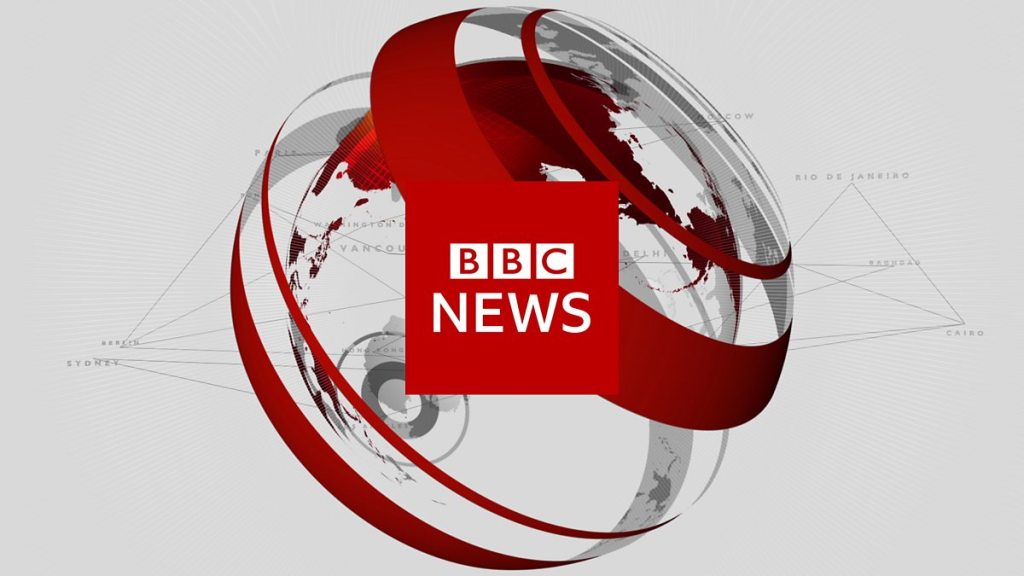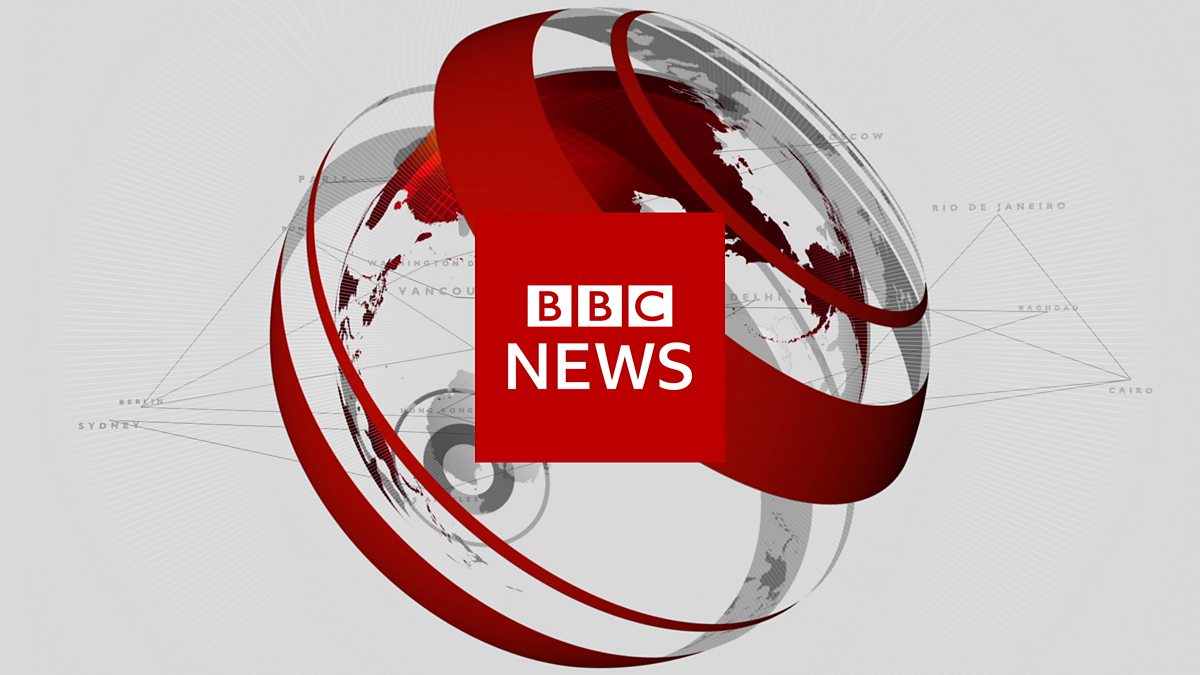
Watching the BBC news this morning and I saw a perfect example of the availability bias. A news anchor pinning down a government representative as to Covid testing stating that people had contacted the programme following issues they had booking a Covid test. The news anchor used these individual reports as proof of the problems related to getting a Covid test, even citing the specific details of one or two people.
Now I am not pretending that Covid testing is perfect or not in need of improvement but to use the available reports as proof of the failings of Covid testing seems to be a perfect example of availability bias. The raised issues, being readily available and readily coming to mind, become the proof without considering evidence which isnt as readily available. Take for example those people who quickly and easily got a test; These people are unlikely to contact a news programme to report their satisfaction. Or maybe the number of people dissatisfied as a percentage of the number of tests, or the increasing volume of tests, or the testing regimes in Covid hotspot areas versus those on areas not so badly impacted. This data may be possible to gather, however isnt as readily available as a number of reported complaints.
This all reminds me of the story relating to WWII; Originally when looking at bomber planes they would reinforce the areas of planes which were regularly showing as damaged by anti-aircraft (AA) fire as these seemed to be the areas suffering regular hits. The idea was that by reinforcing these areas the chances of bombers returning would increase, however this didn’t happen. It was only when someone suggested they look at the areas which returning bombers never showed damage on that they made progress. The logic here being that the areas which bombers never showed damage on was often due to the fact when these areas were hit by AA fire the bombers simply never returned; The damage was critical. These were the areas to focus on reinforcing. In this case, the easily available data, damage to aircraft, wasnt as helpful as it at first appeared.
The issue for me with the BBC falling into the availability bias trap is that the BBC are meant to be the bastion of truth, and currently I believe more people than ever are regularly watching the morning or evening news. That they would report in such a biased way, and therefore potentially propagate a biased viewpoint is concerning.
As we often focus on social media bias and what Facebook, etc are doing, we maybe need to be careful not to take our eyes of what the old conventional news are doing.


